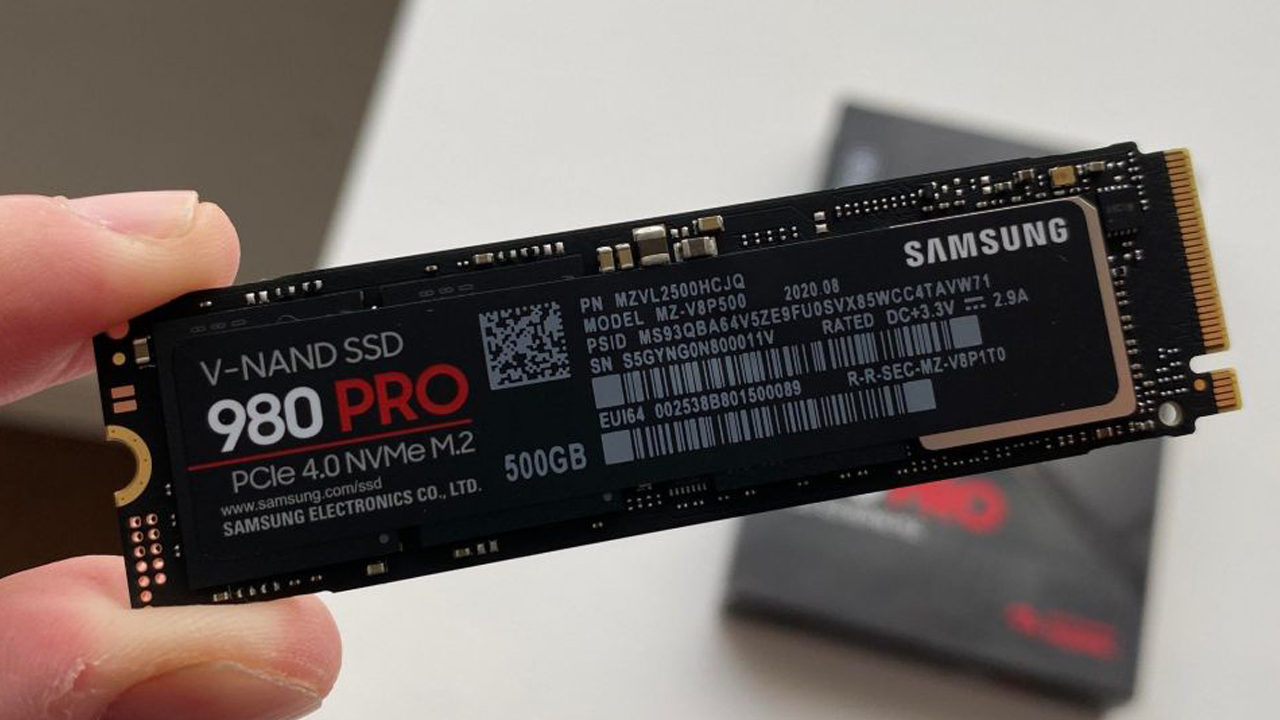SSD vs HDD: We know about speed, but what about power consumption?
Surprising results show that HDDs may not be the energy hogs many thought them to be.

What you need to know
- Testing by Scality indicates that SSDs use more energy than HDDs across a range of use cases and workloads.
- The general thought process of many has been that HDDs would require more power since they have moving parts, but that does not appear to be the case.
- Active, read-intensive, and write-intensive workloads all drew less power on an HDD than an SSD in testing.
When it comes to choosing a hard drive in your computer, you can get a solid-state drive (SSD) or a hard disk drive (HDD). The pros and cons of these respective types of drives are well-known (see our piece on SSD vs HDD). SSDs are speedy and optimal for performance, while HDD drives are cheaper and good for mass storage. But a new study compared SSD and HDDs from a new angle, energy consumption.
Scality has a series of posts comparing HDDs and SSDs, one of which focuses on power consumption. The main takeaway is that differences in power consumption aren't enough to justify either type of drive, but there are several interesting tidbits to glean from the study.
When it comes to choosing a hard drive in your computer, you can get a solid-state drive (SSD) or a hard disk drive (HDD). The pros and cons of these respective types of drives are well-known. SSDs are speedy and optimal for performance, while HDD drives are cheaper and good for mass storage. But a new study compared SSDs and HDDs from a new angle, energy consumption.
SSDs have a wider range of power draw (5 to 20 watts) compared to that of hard disk drives (5.7 to 9.4 watts), according to Scality's testing. Peak power consumption is also higher for SSDs.
The firm shared data seen in the chart below. Note that the idle power draw of HDDs is worse than that seen in SSDs.
| Power data per drive | SSD | HDD | HDD advantage |
|---|---|---|---|
| Idle (watts) | 5 | 5.7 | -15% |
| Active read (watts) | 15 | 9.4 | 37% |
| Active write (watts) | 20 | 6.4 | 68% |
| Read-intensive workload (average watts) | 14.5 | 8.7 | 40% |
| Write-intensive workload (average watts) | 18.0 | 6.6 | 63% |
| Power-density read-intensive (TB/watt) | 2.1 | 2.5 | 19% |
| Power-density write-intensive (TB/watt) | 1.7 | 3.3 | 94% |
"HDDs have a 19% power-density advantage over SSDs," said Scality's Paul Speciale when speaking of read-intensive workloads. Write intensive workloads are a different story. "HDDs leverage their much more efficient write power consumption rating to gain a 94% power-density advantage over SSDs," said Speciale.
Notably, the better scores of hard disk drives were seen with HDDs with a capacity of 22TB compared to the 30.72TB capacity of the tested SSDs.
All the latest news, reviews, and guides for Windows and Xbox diehards.
Scality highlighted that the general thought process is that since hard disk drives have moving parts, they would use more energy. The firm's research showed the opposite.
While the figures shared by Scality likely aren't enough to alter buying habits for those shopping for a hard drive, they're interesting because they go against what many previously thought.

Sean Endicott is a tech journalist at Windows Central, specializing in Windows, Microsoft software, AI, and PCs. He's covered major launches, from Windows 10 and 11 to the rise of AI tools like ChatGPT. Sean's journey began with the Lumia 930, leading to strong ties with app developers. Outside writing, he coaches American football, utilizing Microsoft services to manage his team. He studied broadcast journalism at Nottingham Trent University and is active on X @SeanEndicott_ and Threads @sean_endicott_.
